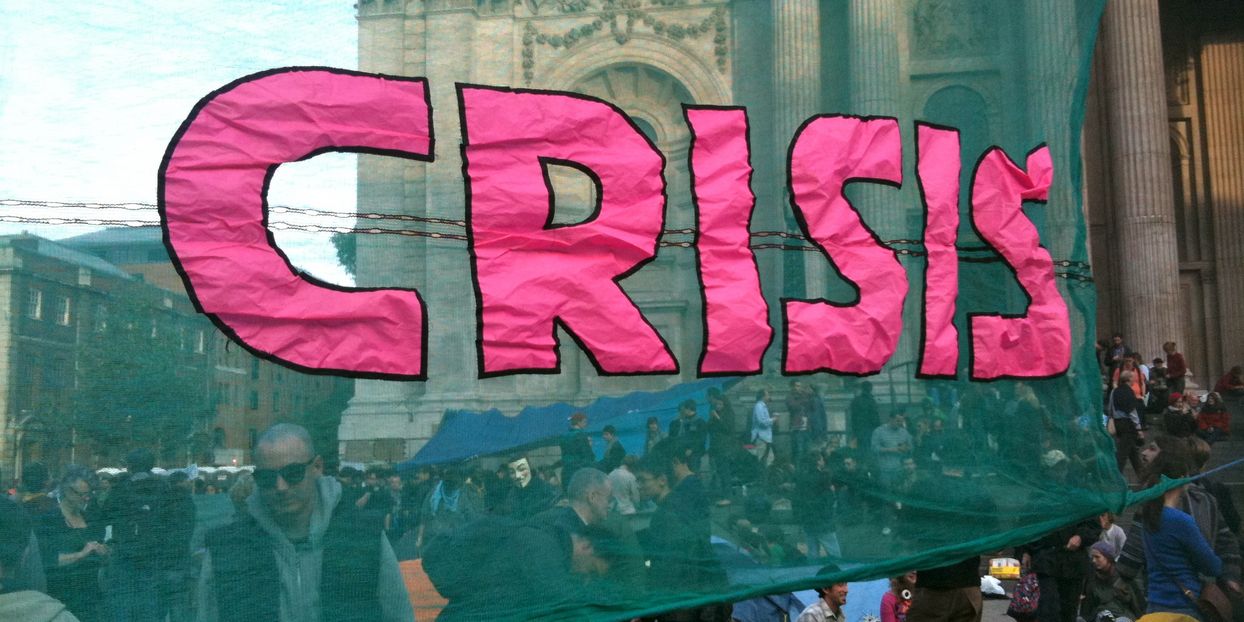
Gemachte Krisen und Krisen der Machbarkeit: Die Semantik des Krisenbegriffs im 20. Jahrhundert
The concept of crisis was ubiquitous throughout the 20th century and yet its usage in German and English followed different discernable trajectories. Above all in the interwar period and the 1970s, the frequency of the term was high while it changed its contents. In the first half of the 20thcentury the concept was situated within a generally progressive temporalization of history signifying the transitional period towards a better future, albeit also depicting a threat of decline. By contrast, the term largely lost this meaning as diagnoses of crises increasingly globalized in the late 20th century. Now, the concept signified rather dissolution, disarray and decay. The project will examine this hypothesis using both the hermeneutical means of historical semantics and methods of “distant reading” of larger text corpora, trying to combine them in mutually illuminating ways.
Participating Institutes
Center for Contemporary History (ZZF)
Publications
Graf, R. 2018. Oil and Sovereignty. Petro-Knowledge and Energy Policy in the United States and Western Europe in the 1970s. New York: Berghahn Books.
Graf, R., and Jarausch, K. H. 2017. "Crisis" in Contemporary History and Historiography, Version 1.0. In Docupedia-Zeitgeschichte.
Graf, R. 2016. Die Krise als epochemachender Begriff im 20. Jahrhundert. In Das 20. Jahrhundert vermessen. Signaturen eines vergangenen Zeitalters, Eds. M. Sabrow und P. U. Weiß, 149-166. also printed in ZeitRäume. Potsdamer Almanach des Zentrums, Eds. F. Bösch und M. Sabrow, 20-37.
Contact
Priv. Doz. Dr. Rüdiger Graf (ZZF)
Project term
2017 - 2020
